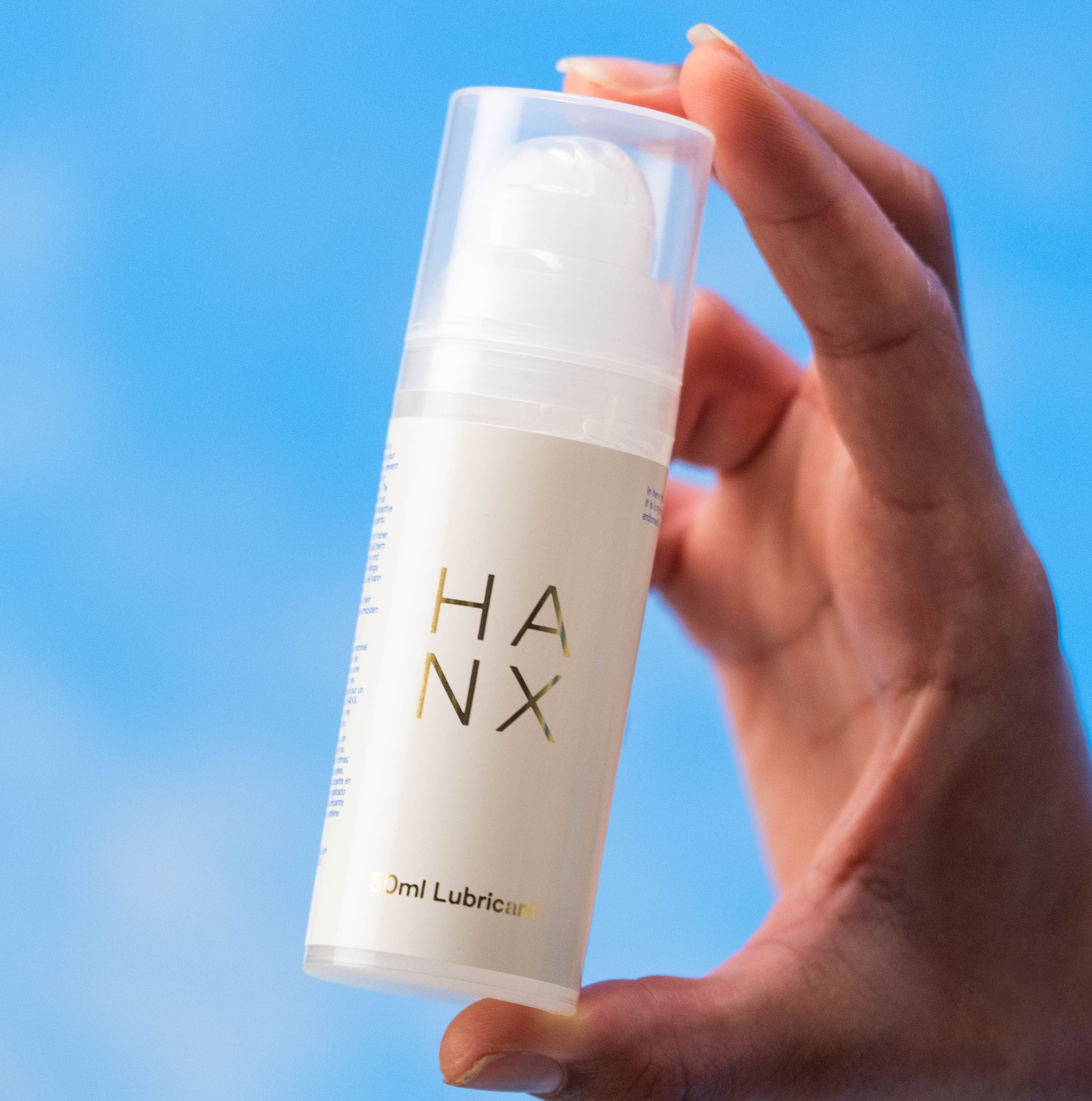Celebrities and STIs
We need to talk about STIS. No one is immune to sexually transmitted infections - not even celebrities. Fairly understandably, famous faces aren’t rushing to disclose their sexual history, especially given the shock factor of renowned sex symbols discussing STI transmission. However, renowned figures may have a positive part to play in destigmatising sexually transmitted infections, by speaking openly and honestly about their experiences.
Which celebrities have openly discussed STIs?
In 2020, it was revealed that Hollywood film star Shia LaBeouf allegedly covered STI symptoms with makeup and knowingly infected his ex, singer FKA Twigs. This news, along with further allegations of Shia’s abusive behaviour, shone a light on the very real actuality that celebrities are dealing with the same sexual health issues many of us are experiencing, too. We applaud FKA Twigs for bravely sharing her experience, and also helping to raise awareness of the nuanced nature of STI transmission. If an award-winning singer songwriter and mysterious creative icon is brave enough to share her story, there’s a strong chance her audience will be less embarrassed and start having conversations with their partners, friends and family about sexual health.
If you're a Ru Paul’s Drag Race UK fan, you'll have seen contestants tackling heartfelt topics across the workroom tables. From Ginny Lemon and Bimini’s discussion about being non-binary to lipsync assassin Tayce’s ‘confessional’ where they revealed that they were diagnosed with chlamydia and gonorrhea when they were 18, such honesty on mainstream TV is a big step forward. Tayce's openness when discussing their personal experience with STIs, and the associated emotions of shame and guilt, was widely praised as playing a vital role in smashing stigmas around STIs, with sexual health charity, the Terrence Higgins Trust, leading the charge over on Twitter.
Discrimination against people living with HIV is perhaps the most pervasive of all. There are, however, numerous names in the spotlight who have spoken about their HIV-positive status, to widespread support. In the US, Queer Eye icon Jonathan Van Ness opened up about their diagnosis in their recent memoir, whilst actor Billy Porter has also detailed his experiences, too. There is no one experience of living with HIV, and with advances in treatment, it is no longer the 'death sentence' reported on in the 80s. The more we see different, individual journeys represented in the headlines, the more we as a society can expand our own understanding and expectation of what life with HIV can entail - and support those in our own communities.
Should celebrities talk about STIs?
- Put simply: visibility matters. Try googling for other ‘celebrities with STIs’ and you’ll come up with rumours - and not much actual fact. Aside from the feared damaging impact on securing much-desired leading roles and endorsement deals, celebrities are just like us. They're not immune on a personal level to judgement and shaming that people often experience when ‘admitting’ to having/had an STI.
- It all comes down to old-fashioned stereotypes around sex. No, having an STI doesn’t mean you’re dirty, or that you’re promiscuous. Most often, it's the result of carelessness of getting caught up in the moment, being unprepared, misunderstanding processes to keep safe or plain old unsure of the causes and treatment of STIs.
- We need to ensure that every single person on the planet feels comfortable to seek treatment when they need it - and be educated to protect themselves, too.
Can anyone get an STI?
So, what does this mean for us muggles? (Yes, non-celebrities are referred to as muggles in certain Los Angeles circles). Well, with over half a million people in the UK diagnosed with an STI every year, it’s hugely important to be aware and proactive when it comes to preventing infection. Sexually transmitted infections (STIs) are infections transmitted via sexual contact and can become sexually transmitted diseases (STDs) if the infection is exacerbated. The more familar names include chlamydia, gonorrhoea, syphilis and trichomoniasis - but there are actually more than 30 infections you need to be vigilant against.
Can you get STIs from oral sex?
Real talk: STIs can be passed on from any form of sex, including and especially oral sex. The most effective way of protecting yourself is to use a condom from the start of any sexual contact as infections can be spread by bodily fluids including saliva, vaginal fluids, semen and blood. We’re proudly gynae-backed, and our Co-Founder Dr Sarah Welsh shares why it’s so important to challenge shame around sexual wellness:
“There’s definitely still an awkwardness around open, honest chats about sex. STIs are all too often approached in a way that leaves everyone involved feeling embarrassed or none the wiser. This perpetuates taboos, stereotypes and myths, making people less likely to access help or improve their sexual health. Our recent intimate health survey found that 40% of respondents wouldn’t tell family or friends if they were suffering from intimate health issues. This needs to change.”
The HANX guide to preventing STIs:
-
Cover up. Use internal/external condoms or dental dams when embarking on any new sexual relationships (whether they’re casual or monogamous). Make sure you’re using the right size condom with your partner, too. Check out our Large Size Condoms for the perfect fit.
-
Get it on the regular - STI tests, that is. That means having a test before getting intimate with any new sexual partners and making sure you’re taking active steps to protect yourself - no matter what they say their sexual health status is. You don't even need to leave your house! SH:24's free, discreet and confidential service means you can test at home and pop your kit straight in a post box. Extra convenient and no one will be any the wiser that's what you're doing - if you don't want them to be.
-
Myth busting: heard the rumour that spermicides stop you contracting an STI? Not true. In fact, products containing spermicides might increase your risk of contracting HIV and other STIs as a chemical included (Nonoxynol-9) can irritate vaginas and make it easier for STIs to enter your body.
-
Stay alert. You know your body best, so keep a close eye on yourself for any changes. Be especially aware of strange symptoms and unexpected changes to your body, including unusual discharge, itchy genitals or pain when you pee. If you’re experiencing these symptoms, book in for an STI test or order one online ASAP - it’s better to be safe than sorry.
Finally: a loving message to our famous friends. Vulnerability is powerful. If you are one of the many millions of people who have experienced a sexually transmitted disease, consider sharing your story with your audience. The more we destigmatise STIs, the better we as a society, will become at preventing them. Open communication is the catalyst for change - and we salute every single person, famous or not, who has taken a deep breath to tackle discrimination. Let’s change our approach to sexual wellness, one Instagrammed STI test at time.
Want more?
- Meet the Hornicultural Society. Find out why we teamed up with Relate to tackle the rising rate of STIs in over 60s with... gardening themed condoms.
- This is Safe Sex 101. Here are our top tips on how to keep yourself and your partners protected from sexually transmitted infections.
- Shop our natural, ultra-sensitive, CE mark verified condoms here.






















